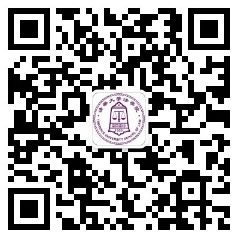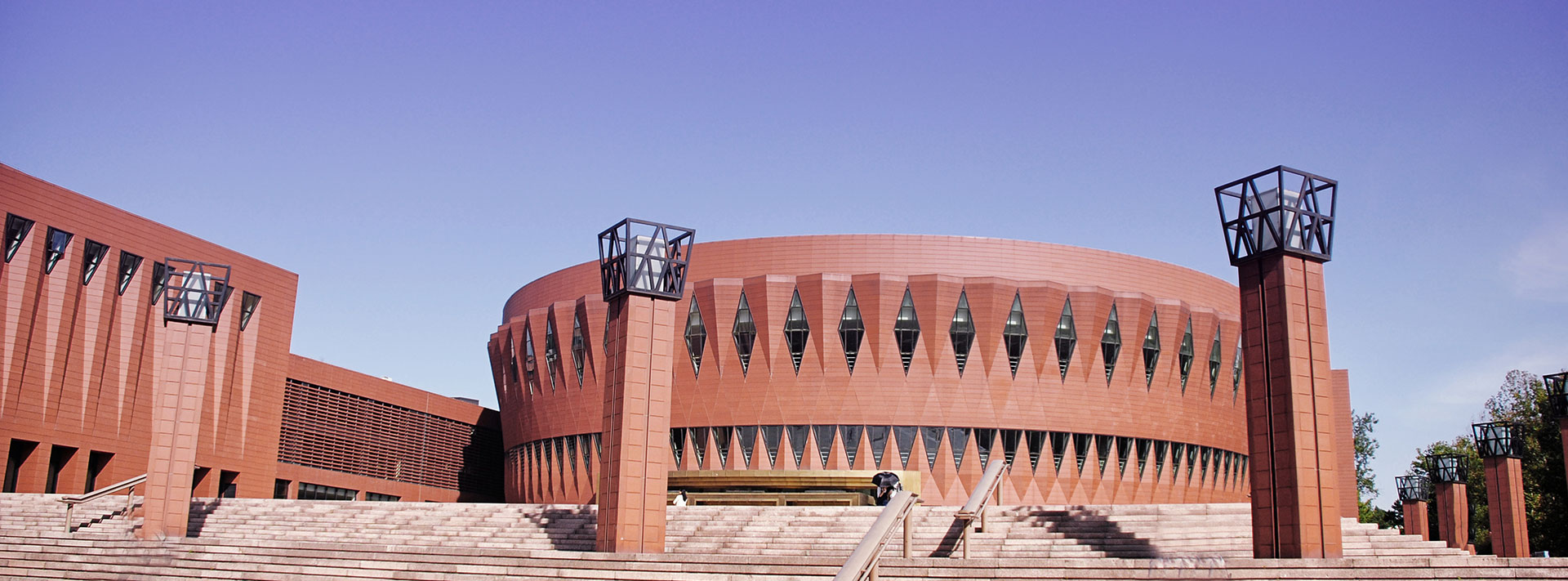CUI Guobin is Professor as well as Dean of Tsinghua University Law School, and Director of the Center for Intellectual Property at Tsinghua University Law School. He was the Associate Dean for International Affairs and Academics (2016.7-2019.6). Professor Cui earned his Ph.D. in law, LL.M., and B.Sc. in Chemistry from Peking University, and his second LL.M. from Yale Law School.
His scholarly interests include intellectual property, antitrust, property, and law and economics theory. He teaches Intellectual Property Law, Patent Law, Advanced Topics on IP, IP Licensing, and Chinese Civil Law. He has published more than 30 law review articles and two popular casebooks, “Patent Law: Cases and Materials” (1st edition in 2012, 2nd edition in 2015) and “Copyright Law: Cases and Materials” (2014, Peking University Press).
Before he joined Tsinghua in 2002, he had practiced law in Beijing and Shanghai. In 2008, he worked as an intern for Judge Rader at the U.S. Court of Appeals for the Federal Circuit. He was a visiting scholar at the George Washington University Law School in 2008, the University of Chicago Law School in July 2012, the University of Washington Law School in May 2013, and the University of New South Wales (UNSW) in February 2018. In August 2020/2021, he was visiting associate professor/visiting professor at National University of Singapore (NUS) School of Law, teaching a course on Chinese Intellectual Property Law.
He also serves as adjunct researcher, the Center for Judicial Protection of Intellectual Property, the Supreme People’s Court of China; legal advisor, Beijing High People’s Court; specialist juror, Beijing Intellectual Property Court(2016-2020); and legal advisor, the People’s Court of Haidian District of Beijing.
Contact Email:guobin@mail.tsinghua.edu.cn.
Representative Publications
The Freedom of Speech Scrutiny of Copyright Filtering Measures, Peking University Law Journal, vol.2, 2021.
The Determination of Infringement of Merchandising Right to Personal Names, Tsinghua Law Journal, vol.1, 2021.
The Allocation of Burden of Proof in Trade Secret Litigations, Shanghai Jiaotong University Law Review,vol.4, 2020.
On the Theoretical Framework of“Images and Non-Image Contents”Dichotomy, Intellectual Property,vol.5, 2020.
Towards a Theory of Limited Exclusive Right for Big Data, China Law Journal, Vol.5, 2019.
The Selection of Originality Standard for Live-streamed Sports Video, Soochow University Journal, vol.4, 2019.
Distribution of Copyrighted Works by Framed Links and Peer-to-Peer Service Constitutes a Crime of Copyright Infringement under Chinese Criminal Law, Book chapter,Annotated Leading Copyright Cases in Major Asian Jurisdictions, edited by Kung-Chung Liu, CITYU HK Press,2019.
On IPS’s Duty of Copyright Filtering,China Legal Science, vol.2, 2017.
A Patent Applicant’s Duty to Disclose Relevant Prior Arts (Duty of Candor),The Jurist, Vol.2, 2017.
Trademark Holdup and the Limit of Trademark Rights,Intellectual Property,vol.4, 2015.
Standard Essential Patents and Injunctive Relief,book chapter of“Patent Law in Greater China”, edited by Stefan Luginbuehl & Peter Ganea, Edward Elgar Publishing, 2014.
Copyright Law: Cases and Materials, Peking University Press, 2014.
Regulating Framed Links under the Copyright Law,Political Science and Law, vol.5, 2014.
A Theory of Entitlement Delineation for Intellectual Property,Peking University Law Journal,vol.2, 2014.
Remodeling ISPs’ Indirect Infringement Rule,Chinese Journal of Law,vol.4, 2013
The Allocation of Goodwill after Termination of Trademark License,Intellectual Property, vol.6, 2012.
Patent Law: Cases and Materials, Peking University Press, 2011(2ndEd. In 2016).
The Copyright Protection of Typeface and Fonts, Legal Science, vol.7 2011.
A Study on Jointly-Owned Patents in China (II), Electronic Intellectual Property, vol.7, 2010.
A Study on Jointly-Owned Patents in China (I), Electronic Intellectual Property, vol.6, 2010.
Copyright Liability in the P2P Context: A Comment on theKuroTaiwan CaseCross-Strait Law Review, vol.1, 2006.
A Critique on Judge-made Law of Intellectual Property,China Legal Science, vol.1, 2006.
Abandoning the Notion of Collective Authorship: The End of the Problem of Folklore Copyright,Law and Social Development, vol.5, 2005.
The Boundary between Tangible Technology and Abstract Idea: An Analysis of the Patentability of Algorithm,Journal of Tsinghua University, vol.3, 2005.
Antitrust Regulation of the Copyright Collecting Societies,Tsinghua Law Journal,vol.6, 2005.
Adopting the Principle of Prior Informed Consent in Patent Law: The Disclosure Obligation of the Users of Genetic Materials,Global Law Review, vol.5, 2005.
Protecting “Literal Work” under Patent Law: The Patentability of the Text of Computer Programs,National Judges College Law Journal, Issue 9, 2005.
The Patentability of “Computer + Program”,Law Science Magazine, vol.6, 2005.
The Legal Dilemma of Intellectual Protection for Traditional Knowledge,Patent Law Research(Annual Journal of State Intellectual Property Office of China), 2002.
Current Legislations and Doctrines on the Intellectual Property Protection of Database,Peking University Intellectual Property Review, vol.1, 2002 (co-author).
The Determination of Equivalency in Patent Law,Peking University Intellectual Property Review, vol.1, 2002.
The Patent Protection and Benefit-sharing of Gene Technology,Intellectual Property Collections, vol.3, 2000.
The Patentability of Gene Sequences,Patent Law Research(Annual Journal of State Intellectual Property Office of China), 1999.
The Antitrust Enforcement in Corporation Mergers,Comparative Studies of Sino-Japan Company Law(Edited by Li Liming, Law Press China) 1998.
The Arbitration of Patentability in United States,Intellectual Property, vol.3, 1998.
Perfecting the Rule of Punitive Damages in China, Civil and Commercial Law, vol.10, 1997.


